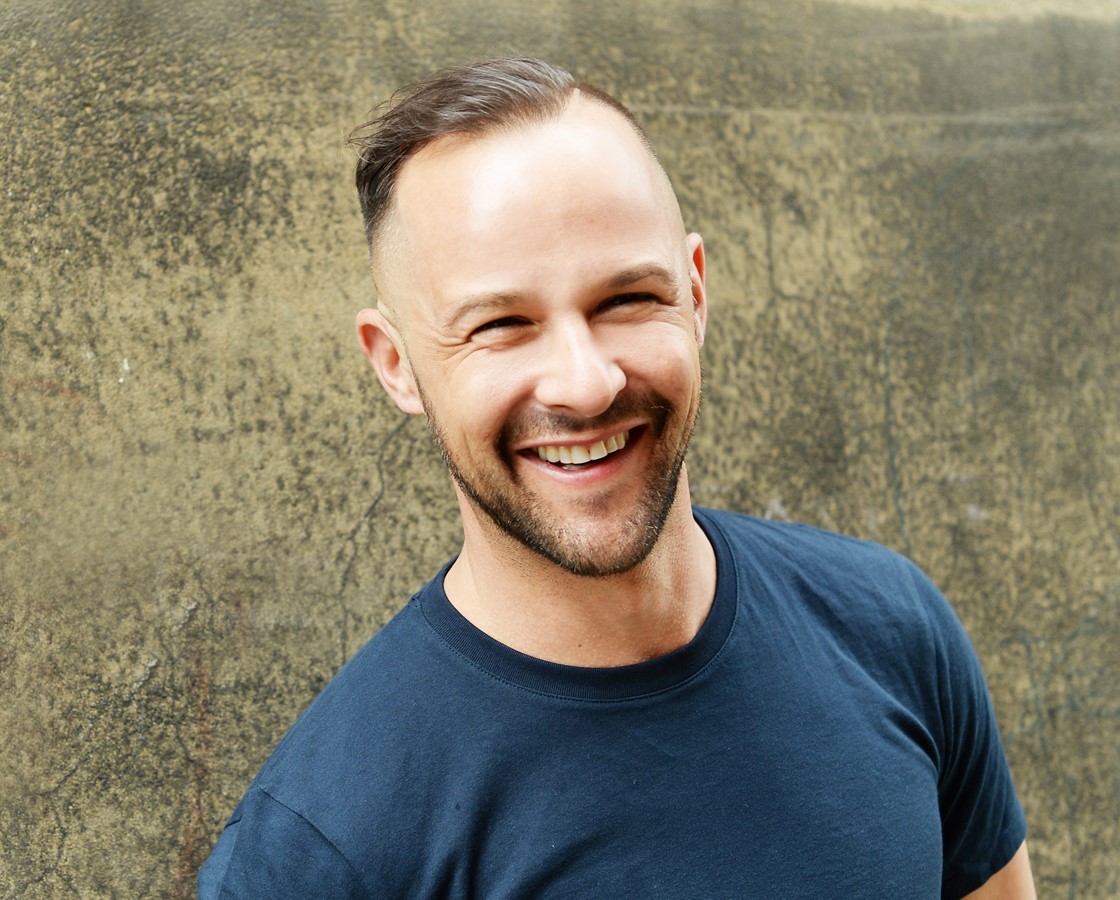The coronavirus pandemic has put severe stress on people with addictions and for those in recovery. Battling addiction can be a tough fight as it is, but when people find themselves without a way to take it off their minds, it can be even tougher. With isolation, there's a real lack of accountability, there's boredom and an invitation to be alone with self-critical thoughts.
It's important to understand that self-isolation doesn't have to be a pathway to loneliness. Addiction may not just be an effect of isolation - but also the cause of isolation. The cycle of addiction is a lonely and frightening place, so it's important that this cycle is interrupted and to embrace the need for human connection. We are living in an era where we are able to connect online and whilst we aren't able to have physical contact temporarily, we can still stay connected with friends, family, the recovery community and society in general.
Why self-isolation may be triggering for those with addictions
It can be triggering just to think about isolation and can bring up memories of past using experiences and the rise of difficult emotions. Isolation is one of the gateways to spiralling into deeper despair in active addiction, which create more of a need to use in order to not feel feelings. Addicts shut themselves away because of the shame around addiction; the toxicity and secrecy that is wrapped around self-isolation induces further shame and disconnection.
The restrictions in our current climate are reshaping the dynamic and structure of our daily routines. It doesn't take long to start losing sense of purpose and direction when structure is removed, which can lead to feelings of boredom. Boredom is a trigger for addicts, so it's important to find ways of ensuring structure is maintained.
Isolation can be a time when we find ourselves spending a lot of time in our heads, as the normal daily routines aren't there to distract us. Being made to sit with feelings for addicts tends to create inner conflict, as negative thought patterns and self-loathing thoughts start to kick in. It can be hard to be inside our own heads: a place where there are no limits to cruel words and doubt. It's a place that's hard to escape - especially when addiction is involved.
Ways to help manage addiction and recovery during coronavirus
Structure, routine and connection are key. Let's start with structure - if you don't have it, start creating it! It's helpful to create a plan for a few days ahead and allocate times to your different activities. Just because we are confined to our home doesn't mean that we can't make plans. Allocate timeslots to certain tasks or activities - exercise, cleaning, phone/video calls, online recovery meetings - all of these will impact positively on your mental health.
There are plenty of online addiction and recovery support services available to addicts using Zoom, Skype and other platforms - 12 step fellowships, Refuge Recovery and SMART Recovery have regular daily virtual meetings. These meeting rooms are full of compassion and empathy, making the power of connection in these spaces invaluable to the recovery process. There is also Sober Grid, an excellent social networking app for the sober community. Members receive encouragement, motivation and inspiration to stay sober and quick responses to posts offer instant connection with other people from around the world who are in recovery or who are choosing to live a sober life.
In the words of author and speaker Johann Hari, the antidote to addiction is connection. When we feel triggered, anxious or in crisis, the best thing we can do for ourselves is to reach out to someone we know and trust. When we are being heard and seen by another, we feel understood and supported which in turn induces feelings of belonging and reduces anxiety. We have an innate need to belong, to be accepted, to connect with others and to be loved.
It's proven that exercise improves mental health by reducing anxiety, depression, and negative moods and by improving self-esteem and cognitive function. Exercise has also been found to alleviate symptoms such as low self-esteem and social withdrawal. Current Covid-19 government guidelines on exercise allow us to leave the house for one form of exercise per day ensuring social distancing , so use this time to go for a walk, run, cycle or whatever exercise you most enjoy. Even if you don't enjoy exercise and it's not normally a part of your routine, going out for fresh air and a change of scene will immediately boost your serotonin "happy hormone" levels.
Meditation is a great practice to incorporate into daily routine. A lot of people struggle with meditation and it can trigger perfectionism and not being able to do it right. The truth is there is no "right" way, but it is about finding a way that works for you. Some find cooking, exercise or dancing to be their meditation and others veer to the more traditional way of sitting quietly. Ultimately, meditation is a practice of being in the present moment, and whilst this can feel like a high demand for addicts, there are some great apps available to help with this. www.headspace.com and www.balanceapp.com both offer free guided meditation audios that help to slowly build up a meditation practice. You can also access these Calm resources as part of welldoing.org's partnership.
Is this the right time to seek help?
This pandemic is impacting on everybody and seems to be touching on every corner and edge of our emotions. There is no time like the present and we have now been provided with the time to reflect and connect. Your mental health and self-care practice is the most important thing right now. Reach out to friends, family, a recovery community or mental health professional. You are not alone.
Duncan Long is a verified welldoing.org therapist offering sessions in London and online

